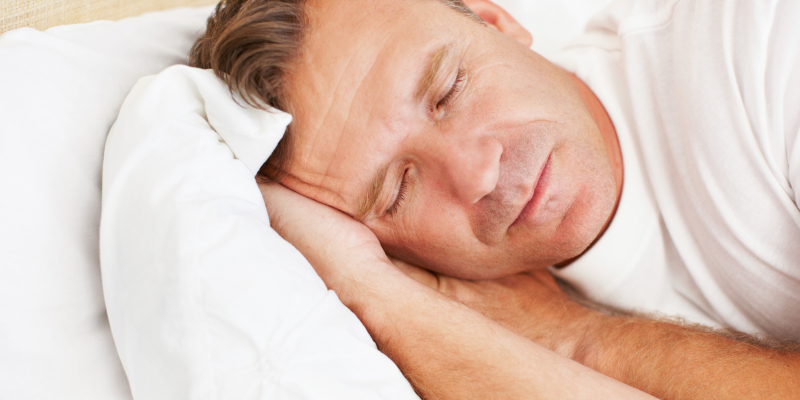
Depression and sleep apnea are two very distinct and different illnesses that can be tied together for many people. Sleep disorders like sleep apnea and depression may both share biological factors, and treating the sleep apnea may go a long way in treating the depression.
According to the American Academy of Sleep Medicine, results from one study showed that close to 73 percent of sleep apnea patients had clinically significant symptoms of baseline depression. That number was cut down to 4 percent after participants spent three months being CPAP compliant.
One of the biggest similarities in the two disorders is how often they go undiagnosed and untreated. Studies show that as many as half of all people that have clinical depression are undiagnosed. If you are struggling with depression as well as the following symptoms, you might want ask your doctor about being screened for obstructive sleep apnea:
- Daytime fatigue
- Irritability and difficulty concentrating
- Sleep that never feels like “enough”
- Trouble falling asleep
- Trouble going back to sleep after waking up during the night
- Waking up at all hours of the night
- Waking up before the alarm clock goes off
Aside from showing depressive symptoms, those with obstructive sleep apnea are also at risk for a number of other health risks, including heart disease, stroke, type 2 diabetes and high blood pressure.
Getting a good night’s sleep can go a long way towards managing your depression. That’s where we come in. CPAP Central offers a wide variety of CPAP machines, CPAP masks and CPAP supplies that are a great way to treat sleep apnea and sleep better.
Using a CPAP mask been proven to significantly reduce or even eliminate the symptoms of depression while also treating sleep apnea. Medication and counseling are also recommended and should not be stopped without talking to your doctor.
